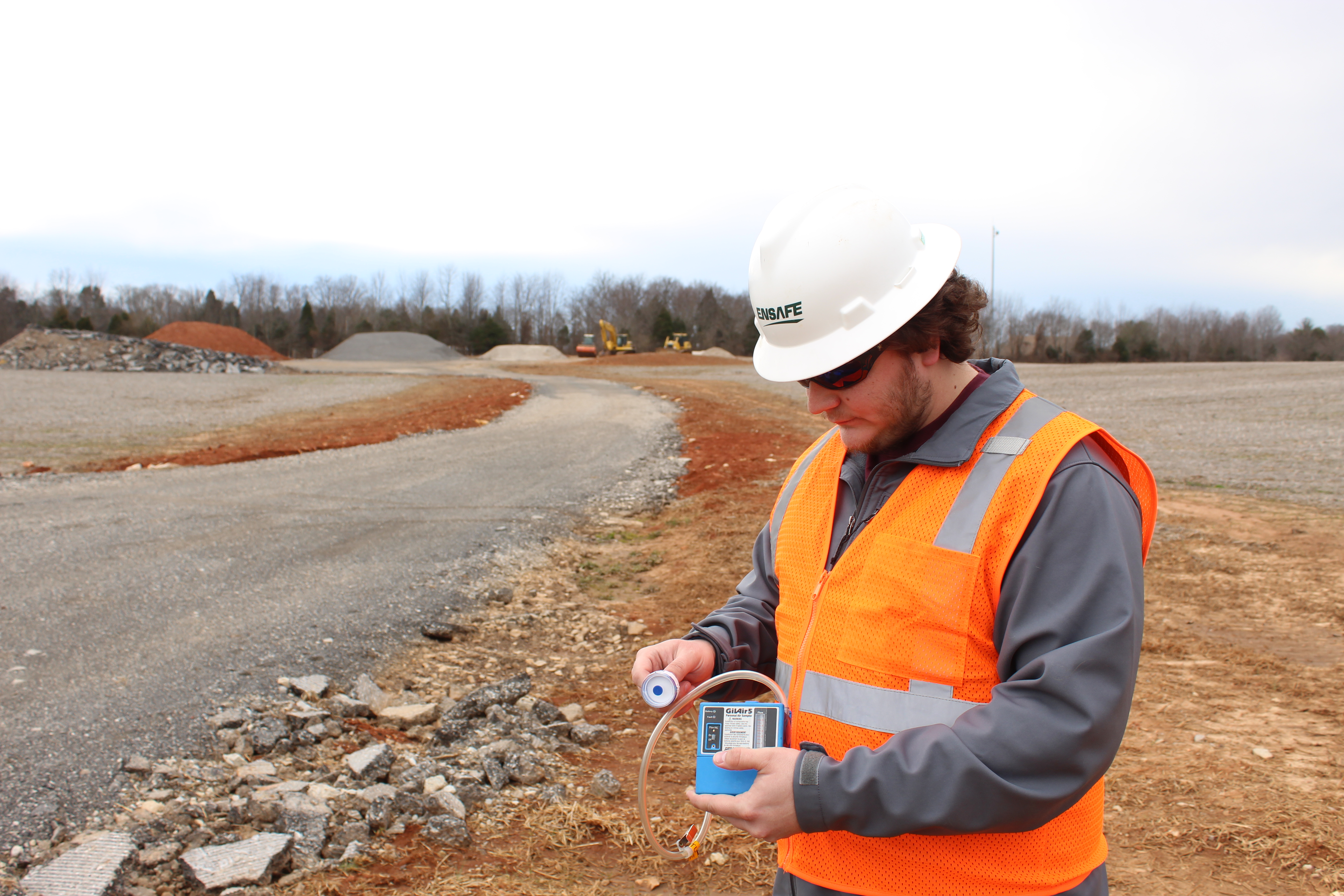The retirement of fossil fuel plants is a multifaceted process driven by a combination of environmental, economic, regulatory, and societal factors. Retirement typically is achieved using a four-step process of decommissioning, deactivation, decontamination, and demolition- or as the process is most referred -- “D4.” Consulting firms such as EnSafe become an essential element in the D4 process as many environmental, health, and safety challenges arise. EnSafe historically has been involved in the D4 process by providing many different services, including:
Hazardous Materials Surveys
Once the decontamination phase begins, these surveys are performed by accredited inspectors and primarily have consisted of asbestos and lead sample collection to determine if abatement is necessary. Other hazardous materials such as heavy metals and polychlorinated biphenyls may also be of interest.
Industrial Hygiene Air Monitoring and Project Oversight
Due do the popularity of asbestos as a building material when many of coal-fired power plants were constructed, numerous asbestos abatements are likely prior to the demolition phase. If an abatement for asbestos is deemed necessary, personal and area air monitoring are requested as the removal process begins. Project monitor oversight can also assist with maintaining compliance with regulatory requirements.
In addition to asbestos, many other hazardous materials can pose threats to employee health. Personal exposure monitoring becomes necessary during activities such as the handling or removal of coal combustion products (CCPs) (i.e. fly ash, bottom ash, and gypsum), performing abatements, hot-work, etc.
As new technologies have been developed, new opportunities have emerged in D4 process:
Continuous Air Monitoring Systems
Establishing and managing air quality monitoring systems is essential to consistently assess emissions during the decommissioning process. This involves installing monitoring equipment to measure various pollutants like particulate matter, sulfur dioxide, nitrogen oxides, and volatile organic compounds.
Data Collection and Analysis
Conducting regular data collection and analysis is vital to observe air quality trends and identify any instances where emissions exceed regulatory standards. Continuous monitoring allows for real-time assessment of the impact of decommissioning activities on air quality.
Modeling and Predictive Analysis
Modeling and predictive analysis can estimate the dispersion of pollutants in the air. This helps in assessing the potential impact on surrounding communities and ecosystems.
Compliance Reporting
Preparing and submitting required reports to regulatory agencies is necessary to ensure compliance with air quality regulation, but these can be cumbersome. It’s imperative to properly document emissions data, control measures implemented, and any corrective actions taken.
EnSafe’s technical team can provide custom data reporting tools to manage and analyze the high volume of data being collected and evaluate the data using advanced statistical and data visualization platforms.
If you’re preparing a facility for decommissioning that will require these services, EnSafe can help a tedious process become a painless one! Contact our experts today.
